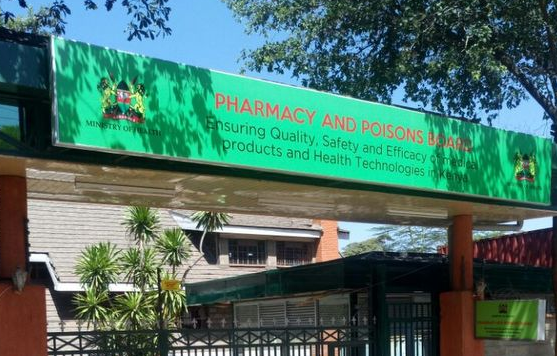
Some of the most recognisable beaches can be found in the Western Indian Ocean (WIO). But this attractive haven, which welcomes millions of tourists each year, has another side.
We are often exposed to upsetting photos and films that show the devastation that plastic pollution has caused to marine life and coastal livelihoods, and the Western Indian Ocean region is not immune to this catastrophe.
The Western Indian Ocean plastic pollution catastrophe necessitates swift and coordinated action. We need to make policy frameworks stronger. Governments should take the lead by enacting laws that limit the importation and manufacture of non-recyclable plastics.
What can each of us do inside the confines of our own homes and spheres of influence?
We can:
Promote, educate, and raise awareness. Through campaigns for public education and awareness, we can promote proper waste sorting and disposal methods among individuals, communities, and corporations and discourage littering and open burning of plastics.
Adopt a circular economy mindset. Minimising trash production at the source, increasing reuse, and supporting extended producer responsibility (EPR) programmes that hold manufacturers and brand owners accountable for the waste generated by their products.
- Study reveals copious amounts of plastic in human testicles
- Olympic sponsor Coca-Cola under scrutiny for widespread plastic use
- Plastics path: From innovation to crisis and need for solutions
Keep Reading
Encourage recyclability and product reinvention. The value of post-consumer plastics can be raised by redesigning items for recyclability and end-of-life circularity, and mixed-material designs can be removed.
Improve waste management and collection. Urban areas can better manage residential garbage and prevent plastic pollution by giving local capacity-building and infrastructural upgrades top priority.
IUCN is actively participating in the Intergovernmental Negotiating Committee (INC) on Plastic Pollution, where it is urging parties to reach a consensus on quantifiable, environmentally sound goals for eradicating all plastic pollution by 2030 and single-use plastic pollution by 2025.
Let's all cooperate to safeguard biodiversity, safeguard our oceans, and ensure a sustainable future for future generations.
Luther Bois Anukur is the Regional Director of the International Union for Conservation of Nature (IUCN) Eastern and Southern Africa Regional Office
 The Standard Group Plc is a multi-media organization with investments in media platforms spanning newspaper print
operations, television, radio broadcasting, digital and online services. The Standard Group is recognized as a
leading multi-media house in Kenya with a key influence in matters of national and international interest.
The Standard Group Plc is a multi-media organization with investments in media platforms spanning newspaper print
operations, television, radio broadcasting, digital and online services. The Standard Group is recognized as a
leading multi-media house in Kenya with a key influence in matters of national and international interest.




